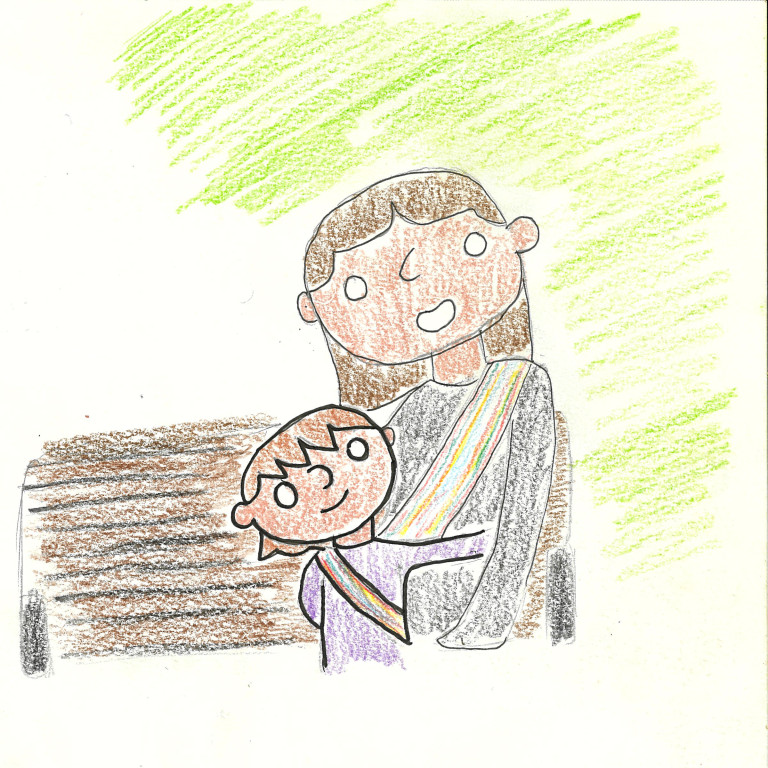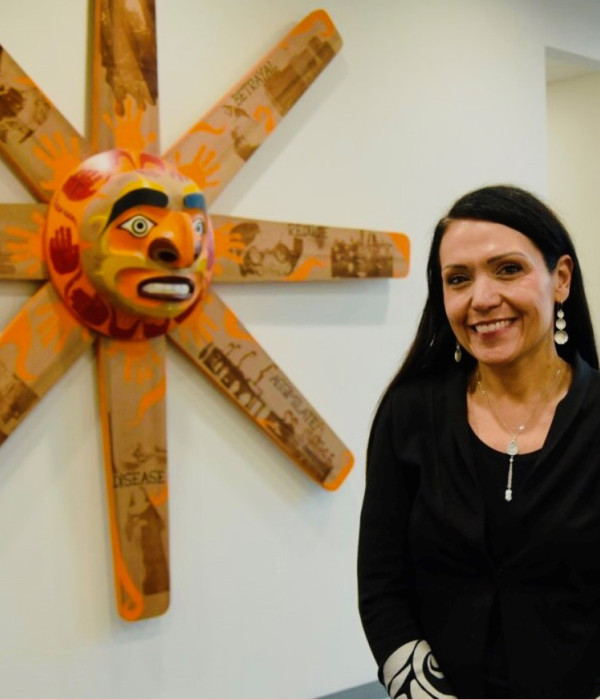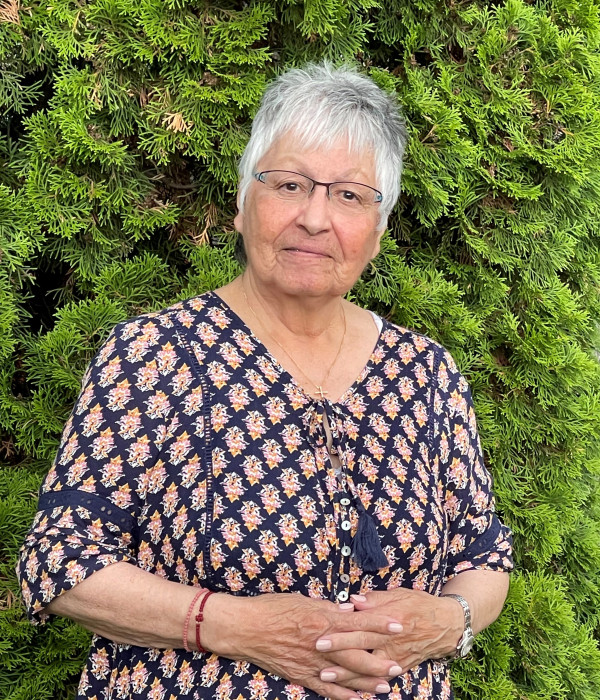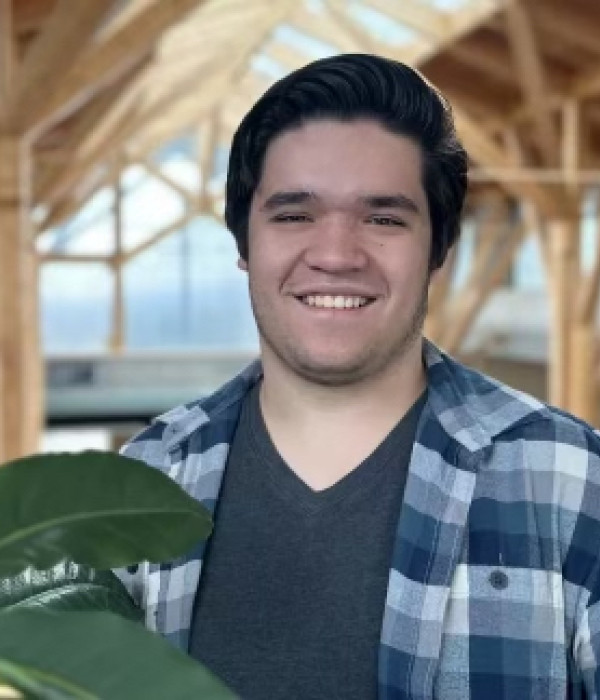Why do you walk like that?
Tanihki ekusi ka sipimohtiyen?
Underrepresented in scholarly and non-scholarly literature, Indigenous perspectives of disability are significant to profile when considering Indigenous knowledge and the prevalence of disability amongst Indigenous peoples. This arts-based curriculum (i.e., children’s story) is a creative and culturally grounded way to highlight traditional Indigenous perspectives on disability.
Told from the perspective of a Métis woman who answers questions posed by a child about her walking limitations, this story embodies the spirit of traditional knowledge and is a unique opportunity for knowledge transmission. Translated from English to Michif, the story illuminates Indigenous beliefs on disability and celebrates the holistic and relational representation of all peoples.
This project will address healthcare provider bias by: 1. Presenting an Indigenous strengths-based approach to the representation of disability for Indigenous peoples/communities. 2. Showing how those with disabilities have gifts to share and are an important part of an inclusive and diverse world.
The story will be available in in print form for healthcare settings including hospitals, clinics, and doctor's offices. In addition, the book will be available for relevant educational settings including daycares and schools.
Learning Objectives
- Celebrate Indigenous storytelling as an important learning resource
- Foster an understanding of Indigenous perspectives on disability
- Recognize and shift colonial mindsets
- Inspire a curious and culturally respectful view of traditional Indigenous knowledge
- Offer representation of an inclusive and diverse world in children’s literature
Lessons
RECOMMENDED FORMAT: Self-directed, Small Group, Classroom Course
Go to Facilitation Guides
CURRICULUM DETAILS:
Est. total length: 30-60 minutes
INSTRUCTIONS:
- The storybook contains the reflection questions. Simply click on the book to open it, and start.
We invite you to participate in this evaluation survey about your most recent experience with our website. You can complete this evaluation after each learning resource you finish, or after you have worked through multiple resources.



